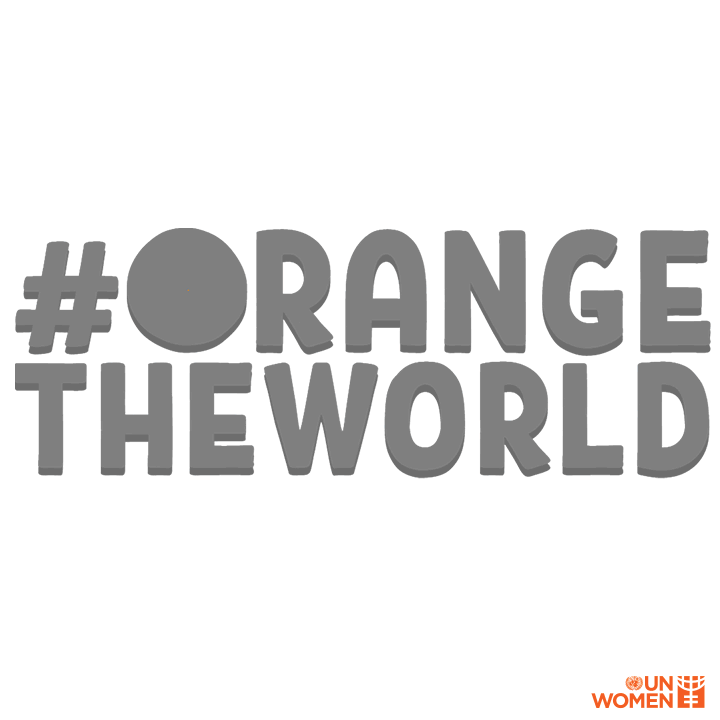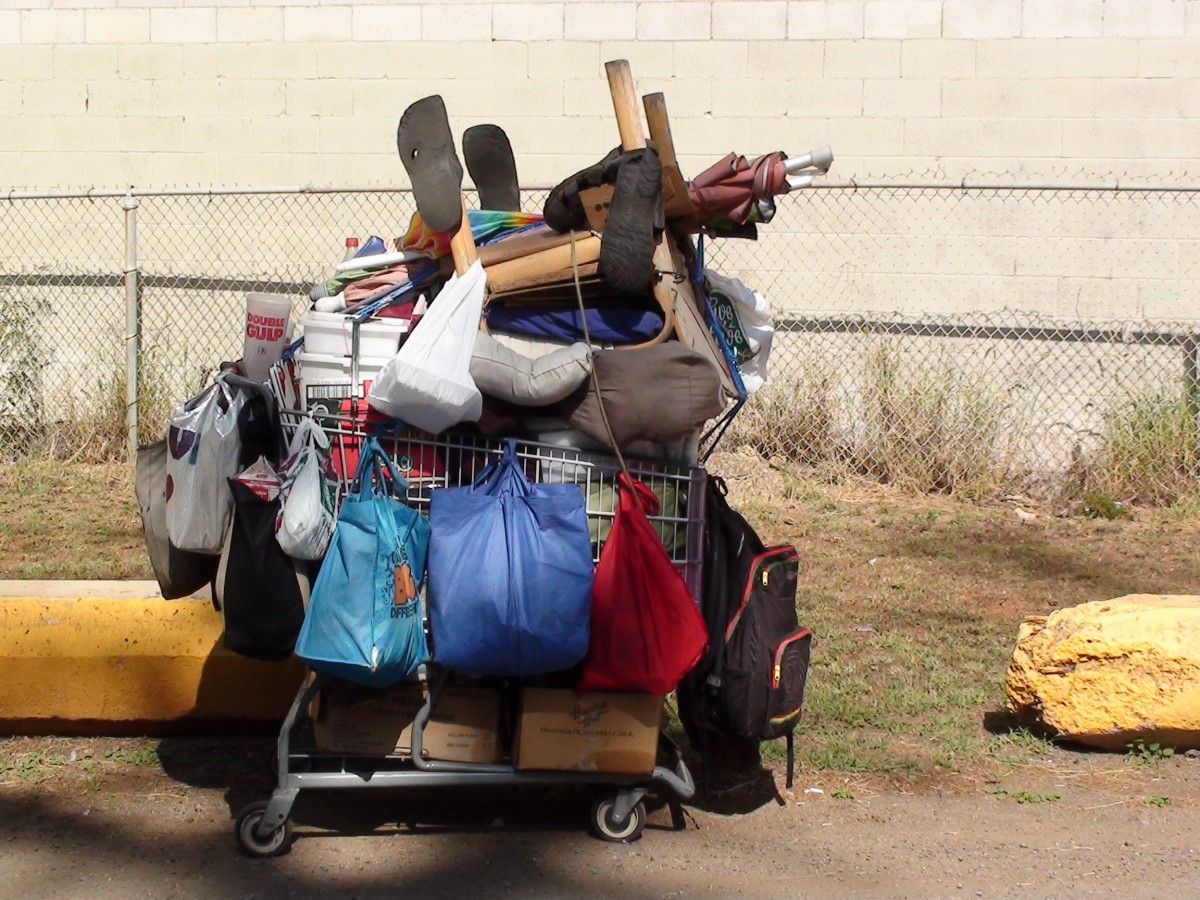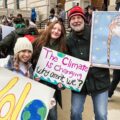
Workshop
From the streets’ hell to Avodah’s home
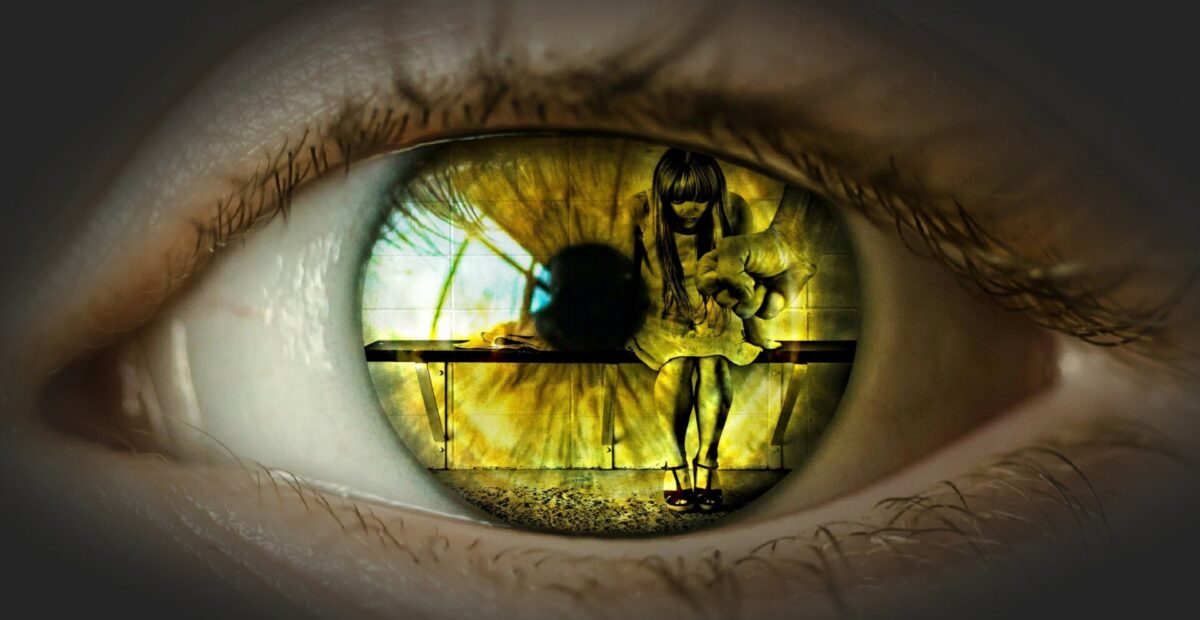
Keenan Fitzpatrick (31 years) co-founded Avodah, a non-profit that offers a future to the vulnerable women and children who know only the brutality of violence.
(From New York) “God, lead me to places where no one else will go”. Every morning, this is the prayer Keenan Fitzpatrick recites before starting his service: caring for the ones who have survived human trafficking and the prostitution plague. His favorite words are healing, salvation, redemption. Keenan was 7 years old when he “was led” to a place where, neither he, nor his sister would have ever wanted to go: sexual abuse by a family member. This 31-year-old man still remembers the confusion, the drama of that, but the memories of today are cloaked in great serenity. “I found complete healing in the grace of God and with this gift, given to me freely, I understood that I would have given God my heart, my life, to allow others to live this experience of freedom”, he tells me enthusiastically.
Keenan is originally from Denver, Colorado, and at the age of 20 years he started driving by the prostitution streets, along with a priest and friend. “We would pray, listen to music and pray again so that this trafficking would end”, he explains, but in the meantime the desire to offer a way to salvation and healing to these women, would leave him restless. He knew of other centers that helped victims of sex trafficking; however, when with all their strength and risks “the victims would come out of that hell, there wasn’t anything beyond that hell, and it wasn’t only a few of them who would go back to it”. Keenan talks to me and in his words one can catch a glimpse of the faces and stories of these women. In the US, about 75 percent of female victims of human trafficking return to the streets. Relapses are a constant and the number of beds that should house them after they escape is a mere 1,800: crumbs for the vast United States.
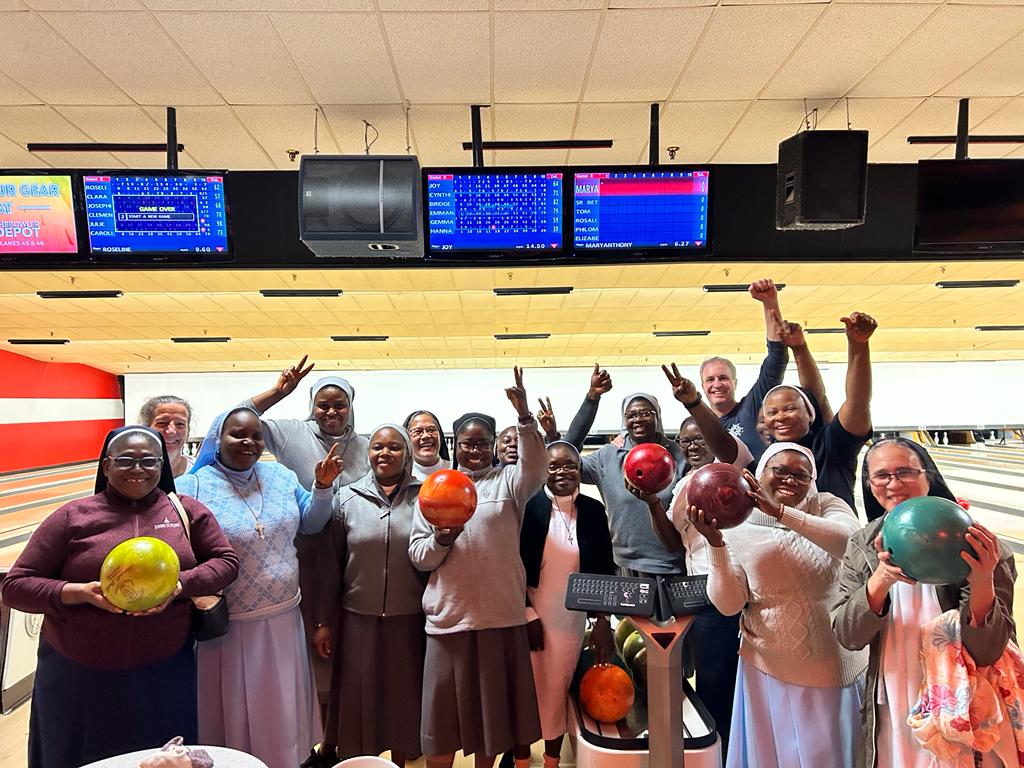
Avodah (“work, worship, and service” in Hebrew) was founded in 2020, precisely to respond to the tragic experience of these women and their children: all survivors of hell. The obstacle was finding quality staff who had the strength and preparation “to carry the very heavy cross of suffering and the equally heavy cross of healing”. The response came from Louisiana, where a group of nuns gave an exceptional level of care to these women. Keenan asked for help, and today 23 of them, arriving from the Philippines and Nigeria, are getting trained by the FBI, the forensic academy, trauma specialists and United Nations experts to accompany victims. The Avodah program model lasts 2 years and offers art therapy, music therapy courses as well as trauma counseling and job orientation. There are very generous donors who support the experience of rebirth of the victims and their children. No funds come from the government precisely because the Fitzpatrick’s want to be independent of the finances that would not give space to the spiritual dimension of the person.
So, who are the Fitzpatricks? At Keenan’s side is his wife Brianna and their five children, at the forefront of the street survivors’ rescue. “We always knew that we were called for a mission – he tells me -. We educated our children to live a life of faith, to reach a life of charity and service”; but doesn’t hide the consistent effort required for this journey of healing. “The women are really devastated and vulnerable and the men behind this are really cruel” – underlines Keenan adding, that from this cruelty, “our family is protected by prayer, by a life of intense gospel life, even though I was born into a family with no particular religious denomination”.
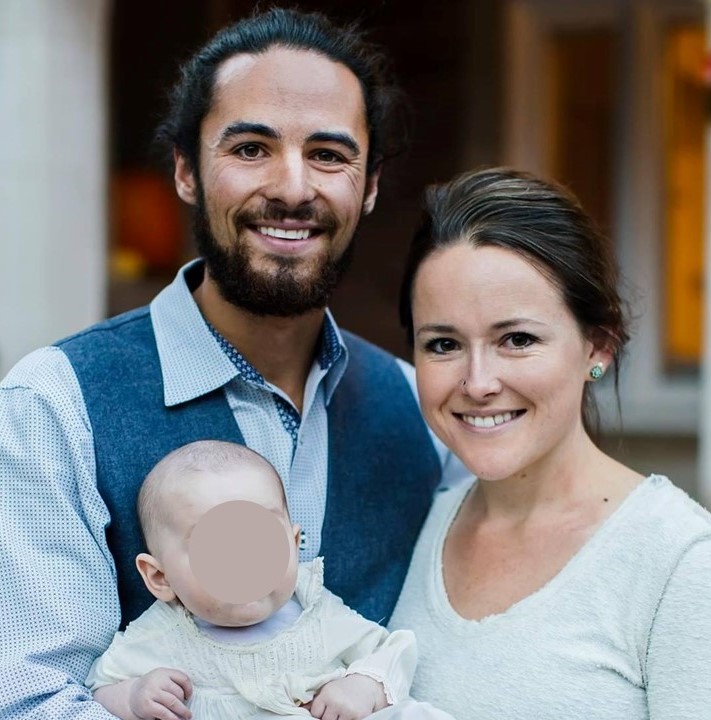
The trafficking numbers in the world show around 40 million people involved, in an industry that produces over 150 billion dollars a year. Those who think that trafficking is the exclusive result of kidnapping and coercion into prostitution, should think again. “The instrument that fuels this criminal circuit is their phones”, explains Keenan, adding that “it is through the phone that the predators lure the young girls and boys and offer them benefits via social media to convince them”. Another knot is that of online trafficking, where a user can ask to pick a girl from another part of the world, pay for the violence inflicted on her and then have a video sent to him, which he will pay for and become one of the many pornographic videos online. After China, Russia and United States, Italy is the fourth consumer of this form of trafficking, proving that it is not the population, but the demand of the product that guides the market. Keenan states the figures with sadness, but is convinced that “changing people’s hearts, educating ethical access to technology and faith are the courses of action to focus on”. Often, they ask him if the trafficking will ever end. Keenan is aware that it is not only a fight against criminal organizations, but a “battle for the souls” and his organization is not “anything less than: the hope that we can seriously bring this to an end”.